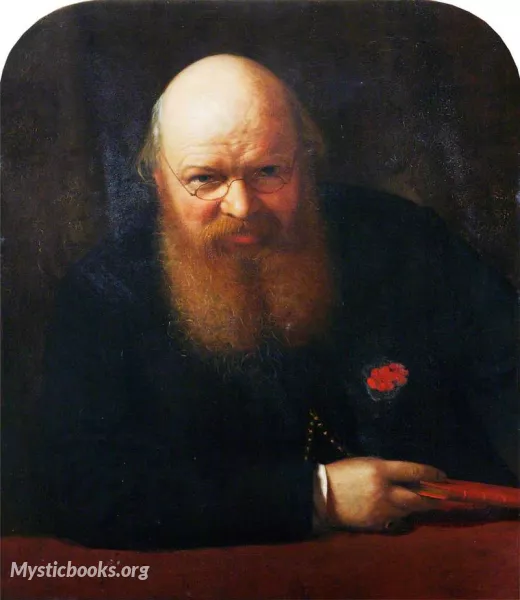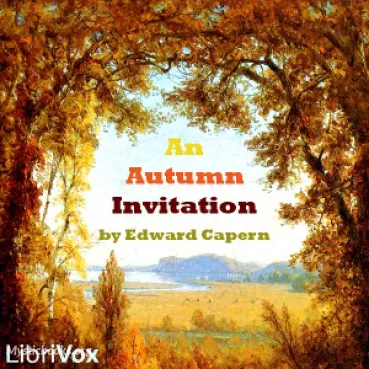
Timeline
Title
Country/Nationality
Edward Capern
Born into a working-class family in Tiverton, Devon, England, on January 21, 1819, Edward Capern's childhood was steeped in the rhythms of rural life. His formal education was limited, but his thirst for knowledge and love for language were insatiable. He devoured books and devoured the natural world around him, finding inspiration in the rolling hills, lush meadows, and the rugged coastline of his native Devon.
Capern's poetic awakening occurred in his early twenties, when he fell under the influence of the works of Robert Burns, the Scottish poet who celebrated the lives of ordinary people. Inspired by Burns's use of vernacular language and his ability to capture the essence of rural life, Capern began to pen his own verses, giving voice to the experiences of those often overlooked in literature.
The Devonshire Melodist and Rising Recognition
In 1842, Capern published his first collection of poems, "The Devonshire Melodist," under the pseudonym "The Rustic Bard." The collection was warmly received by local readers and critics alike, and Capern's reputation as a talented poet began to spread.
His subsequent collections, including "Wayside Warbles" (1851) and "Poems of Love and Nature" (1856), further cemented his reputation as a leading voice of rural poetry. His verses were characterized by their simplicity, sincerity, and deep appreciation for the beauty of nature and the resilience of the human spirit.
Principles and Philosophy
Edward Capern's poetry was not merely a reflection of his surroundings; it was a reflection of his principles and philosophy. He believed in the inherent goodness of people, the importance of hard work and perseverance, and the transformative power of nature and art.
His poems often explored themes of social justice, championing the cause of the working class and advocating for their dignity and well-being. He also addressed issues of environmentalism, expressing concern for the preservation of natural beauty and the impact of human actions on the environment.
Legacy and Remembrance
Edward Capern's legacy lies not only in his poetic contributions but also in his unwavering spirit and unwavering commitment to his craft. Despite facing numerous challenges, including poverty and limited recognition, he continued to write, inspired by his love for language and his desire to give voice to the stories of his community.
Capern's poetry continues to resonate with readers today, offering a glimpse into the lives of ordinary people and the enduring beauty of the natural world. His words serve as a reminder of the power of human connection, the importance of empathy, and the transformative power of art.
Notable Works
- The Devonshire Melodist (1842)
- Wayside Warbles (1851)
- Poems of Love and Nature (1856)
- The Bard of Bideford: Collected Poems (1999)
Interesting Facts
- Capern was a self-taught poet who received little formal education.
- He was known for his use of vernacular language and his ability to capture the essence of rural life.
- He was a champion of social justice and often addressed issues of poverty and inequality in his poetry.
- He was a strong advocate for environmentalism and expressed concern for the preservation of natural beauty.
Conclusion
Edward Capern, the "Bard of Bideford," was more than just a poet; he was a voice for the voiceless, a champion for the downtrodden, and a tireless advocate for the beauty of the natural world. His poetry, filled with sincerity, empathy, and a deep appreciation for the human spirit, continues to inspire and uplift readers today. His legacy serves as a reminder that even in the face of adversity, the human spirit can soar, and the power of words can transcend time and place.
Books by Edward Capern

An Autumn Invitation
In Edward Capern's enchanting poem, "An Autumn Invitation," the reader is swept away to a world ablaze with the vibrant hues of autumn. With rhythmic verses that echo the rustling of leaves and the gentle whispers of the wind, Capern paints a vivid p...